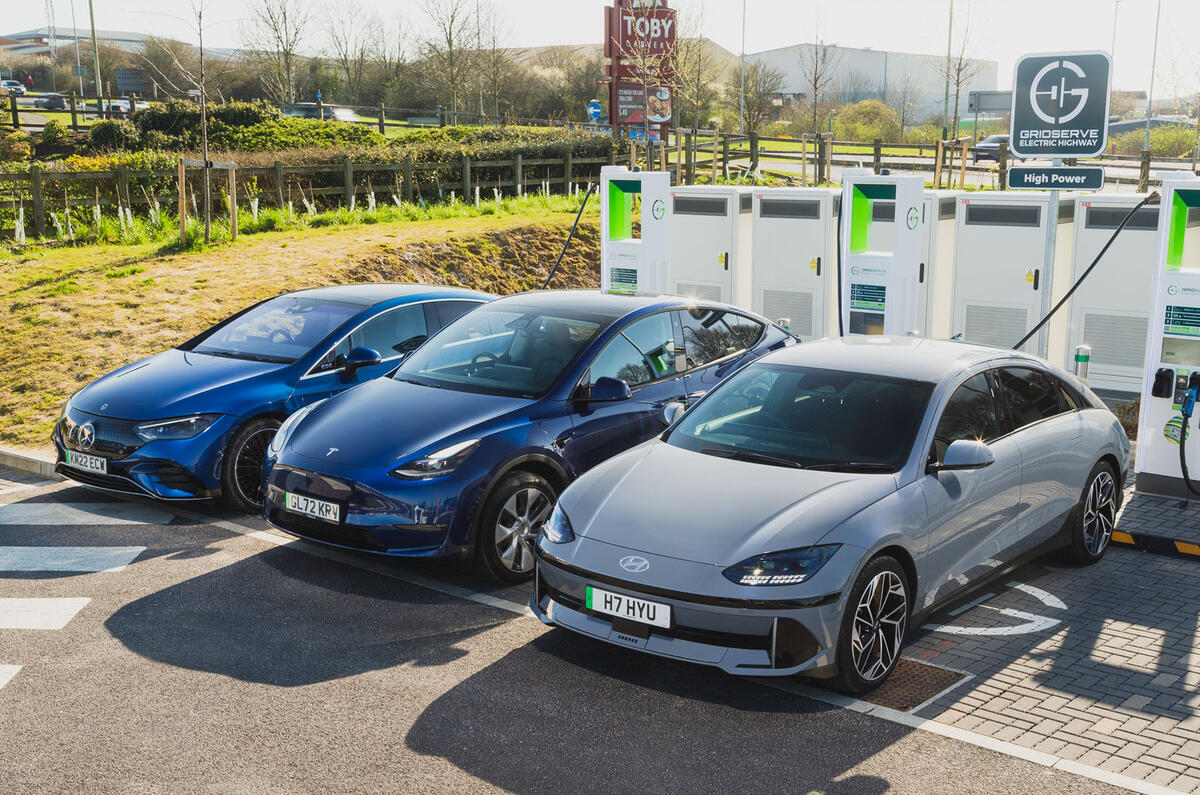The UK government will now allow the installation of EV chargers without planning permission from a local authority, regardless of whether it's for private or public use.
The move is intended to accelerate the roll-out of EV chargers across the UK, the previous Conservative government having set a target for the installation of 300,000 chargers across the nation by 2030.
Installations of private chargers at homes with off-street parking were already exempt from planning permission in most cases. However, the requirement of a green light from local authorities for larger public developments had previously been cited as a key bottleneck in the roll-out of the UK's charging network.
Ian Johnston, CEO of charger provider Osprey, last year told Autocar: “The problem is you've got to go through a process which is under-resourced and takes six to nine months to get planning permission.”
The new exemption from obtaining planning permission is likely to make a particular difference in the speed at which large charging ‘hubs’ can be installed, given that these typically require the installation of supporting infrastructure, such as electrical substations.
Lewis Gardiner, Osprey’s operations director, today said in a government statement: “This is a hugely welcome and practical change that will make a real difference on the ground.
"Removing the need for planning permission for essential electrical infrastructure like substations across the majority of sites will save months of delays, reduce costs and accelerate the delivery of the rapid charging hubs drivers need.”
Lilian Greenwood, minister for the future of roads, added: “We’re cutting down on paperwork to power up the EV revolution so that drivers, businesses and those looking to make the switch will have more charge points to power from and less red tape to deal with."
Jack Cousens, head of roads policy for motoring organisation AA, said the move was “a positive step” that “will help accelerate installations”.
According to charger mapping firm Zap-Map, there were more than 79,000 publicly accessible charge points across the UK at the end of April 2025. This was up from some 73,000 at the end of 2024 and just under 54,000 at the end of 2023.







Add your comment